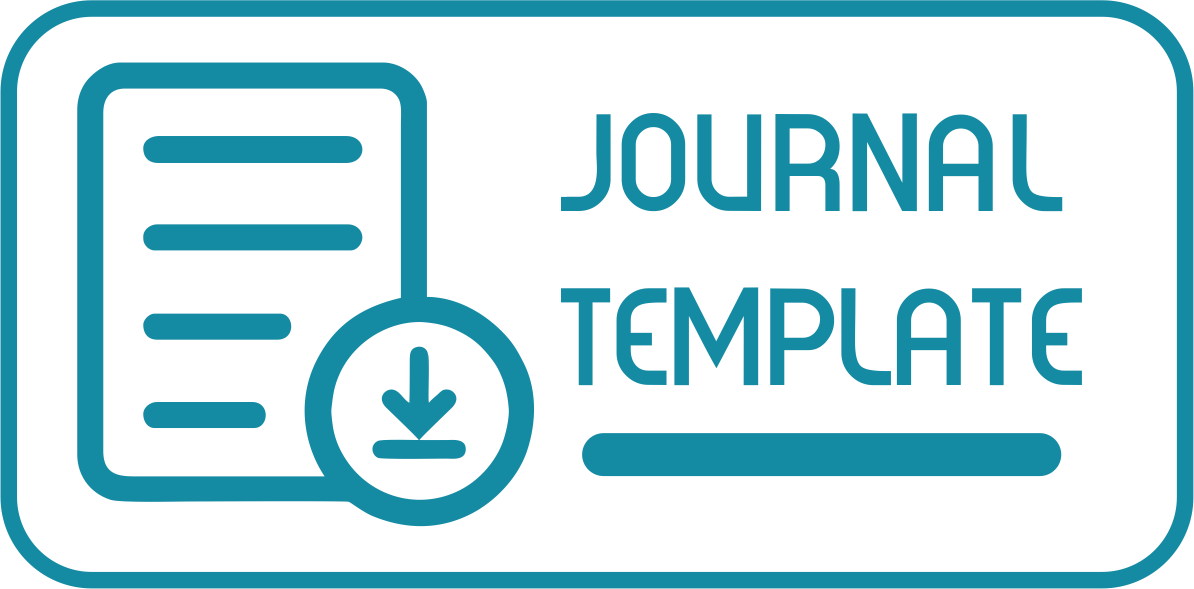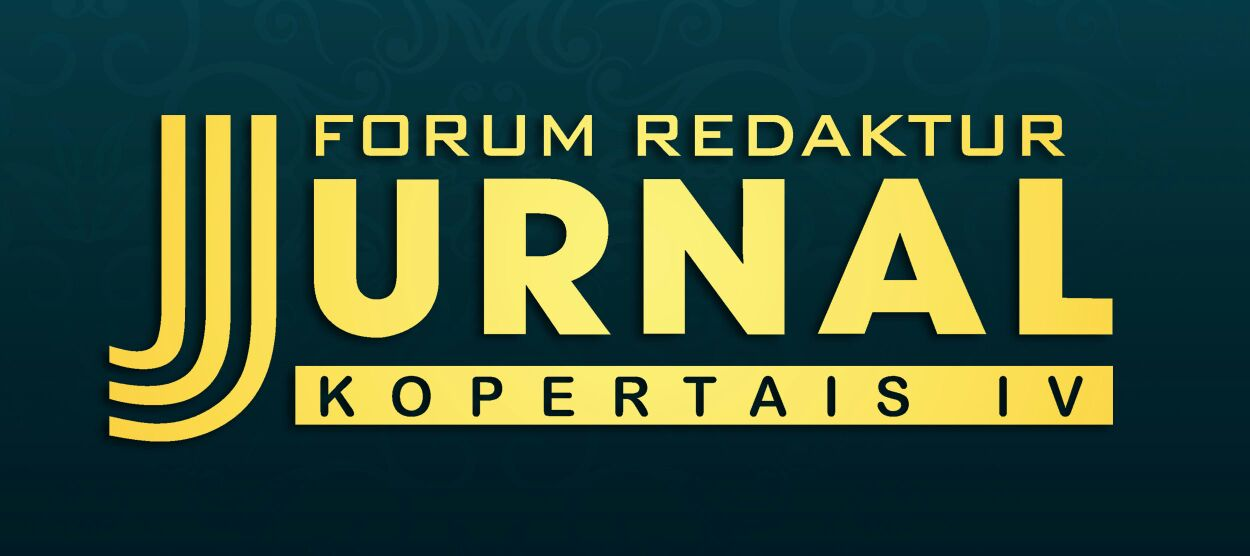HEGEMONI KIAI TERHADAP DEMOKRATISASI DI PESANTREN:
Analisis Bahasa Tutur Pengasuh PP Raudlatul Ulum 2 Putukrejo Gondanglegi Malang
DOI:
https://doi.org/10.35897/intaj.v3i2.229Keywords:
Pesantren, caregivers, hegemony, Gramsci, democratizationAbstract
This research tries to uncover kiai's hegemony based on the perspective of language which is correlated with the discourse of democratic values. Gramsci's hegemony is used as the basis for analyzing word structures in the context of the territory of a pesantren caregiver, to dissect the level of kiai's intervention on the sustainability of democratization through his utterances. The context of power uses Foucault's assertion, that the pattern of power relations cannot be conceptualized as belonging to an individual or class. Therefore, the author tries to distill the level of democracy from the power relations of the kiai at pesantren Raudlatu Ulum 2 Putukrejo Gondanglegi Malang through the texture perspective of his expressions.
The method used is Qualitative research. This type of research uses methods of observation, interviews and documentation. In analyzing the data, the researcher uses the following steps: Field notes are reduced in categories. The results are presented for each category. Analysis of the language of caregivers in this paper is limited to two aspects: First, things that are nuanced politically. Second, matters relating to policies within the scope of pesantren.
Downloads
References
Baso, Ahmad. 2000. Civil Society Versus Masyarakat Madani, Bandung: Pustaka Hidayah.
_______. 2006. NU Studies: Pergolakan Pemikiran Antara Fundamentalisme Islam dan Fundamentalisme Neo-Liberal, Jakarta: Penerbit Erlangga.
Bruinessen, Martin Van. 1998. Kitab Kuning, Pesantren dan Tarekat, Mizan.
Dhofier, Zamakhsyari. 1985. Tradisi Pesantren, Sebuah Penelitian Authobiography Kiai, Jakarta: LP3M.
Enchols, Jhon dan Hassan Sadili. 1995. Kamus Inggris-Indonesia, Jakarta: PT. Gramedia.
Hadi, P. Hardono. 1996. Jati Diri Manusia: Berdasarkan Filsafat Organisme Whitehead, (dalam bahasa Indonesia), Yogyakarta: Kanisius.
Madjid, Nurcholish. 2010. Bilik-bilik Pesantren Sebuah Potret Perjalanan, Jakarta: PT. Dian Raktyat.
Mahmoud, Ibrahim Shabri. 1995. Sosiolinguistik, Cairo: Daarul Ma’rifah.
Marijan, Kacung. 2010. Sistem Politik Indonesia: Konsolidasi Demokrasi Pasca-Orde Baru, Jakarta: Kencana.
Menteri Pendidikan dan Kebudayaan. 2016. Kamus Besar Bahasa Indonesia, Departemen Pendidikan Nasional, Balai Pustaka.
Patria, Nezar. 1999. Antonio Gramsci Negara & Hegemoni, Yogyakarta: Pustaka Pelajar.
Poedjosoedarmo, S. 2001. Filsafat Bahasa. Surakarta: Muhammadiyah University Press.
Poerwadarminta, W.J.S. 1982. Kamus Umum Bahasa Indonesia, Jakarta: Balai Pustaka.
Simon, Roger. 1999. Gagasan-gagasan Politik Gramsc. Terj. Kamdani dan Imam Baehaqi, Yogyakarta: Insist.
Sugiono, Muhadi. 2006. Kritik Antonio terhadap Pembangunan Dunia Ketiga, Yogyakarta: Pustaka Pelajar.
Sugiyono. 2005. Memahami Pendekatan Kualitatif, Bandung: PT Alfabeta.
https://pakarkomunikasi.com/teori-hegemoni-dalam-komunikasi-massa (diakses, 7 Aguatus 2019).
https://www.merdeka.com/peristiwa/suhu-politik-memanas-jelang-pemilu-2019-ini-pesan-wiranto.html (diakses, 7 Agustus 2019).
http://www.majalahganesha.id/gagalnya-hegemoni-kaderisasi/ (diakses, 7 Agustus 2019).
Laurie, Timothy. 2015. Studi Maskulinitas dan Jargon Strategi: Hegemoni, Tautologi, Sense. Lihat dalam, Angelaki: Jurnal Humaniora Teoritis. Diperoleh dari: https://translate.google.com/translate?u=https://en.wikipedia.org/wiki/Hegemony&hl=id&sl=en&tl=id&client=srp (diakses, 01 Oktober 2019).
Wazier, Ahmad. 2013. Konsep Hegemoni dalam Kebudayaan Modern. Diakses dari http://www.kompasiana.com/wajiran/konsep-hegemoni-dalam-kebudayaan-modern_5516da4ca33311847aba7d57 (diakses, 7 Agustus 2019).







